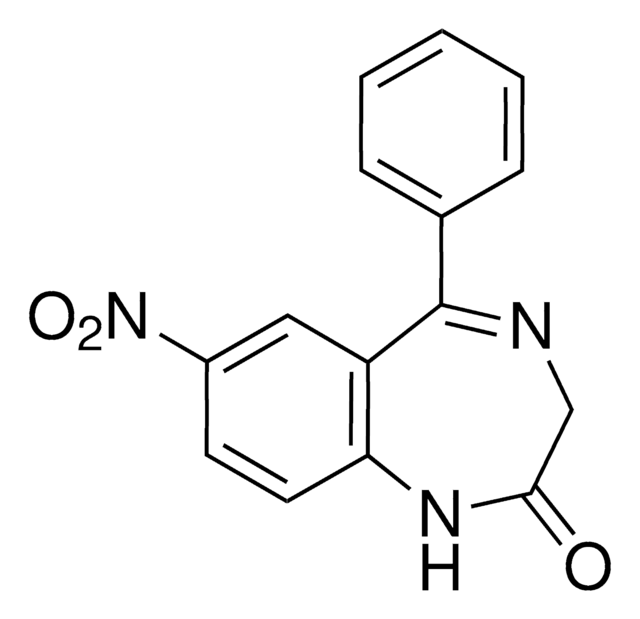R9629
D-(−)-Ribose
suitable for cell culture, BioReagent
About This Item
Produits recommandés
Source biologique
microbial
Niveau de qualité
Gamme de produits
BioReagent
Pureté
≥99% (GC)
Forme
powder
Technique(s)
cell culture | mammalian: suitable
Pf
88-92 °C (lit.)
Solubilité
water: 100 mg/mL, clear, colorless to faintly yellow
Température de stockage
2-8°C
Chaîne SMILES
OC[C@@H](O)[C@@H](O)[C@@H](O)C([H])=O
InChI
1S/C5H10O5/c6-1-3(8)5(10)4(9)2-7/h1,3-5,7-10H,2H2/t3-,4+,5-/m0/s1
Clé InChI
PYMYPHUHKUWMLA-LMVFSUKVSA-N
Vous recherchez des produits similaires ? Visite Guide de comparaison des produits
Catégories apparentées
Application
Actions biochimiques/physiologiques
Adéquation
Code de la classe de stockage
11 - Combustible Solids
Classe de danger pour l'eau (WGK)
WGK 3
Point d'éclair (°F)
Not applicable
Point d'éclair (°C)
Not applicable
Équipement de protection individuelle
Eyeshields, Gloves, type N95 (US)
Certificats d'analyse (COA)
Recherchez un Certificats d'analyse (COA) en saisissant le numéro de lot du produit. Les numéros de lot figurent sur l'étiquette du produit après les mots "Lot" ou "Batch".
Déjà en possession de ce produit ?
Retrouvez la documentation relative aux produits que vous avez récemment achetés dans la Bibliothèque de documents.
Les clients ont également consulté
Notre équipe de scientifiques dispose d'une expérience dans tous les secteurs de la recherche, notamment en sciences de la vie, science des matériaux, synthèse chimique, chromatographie, analyse et dans de nombreux autres domaines..
Contacter notre Service technique









